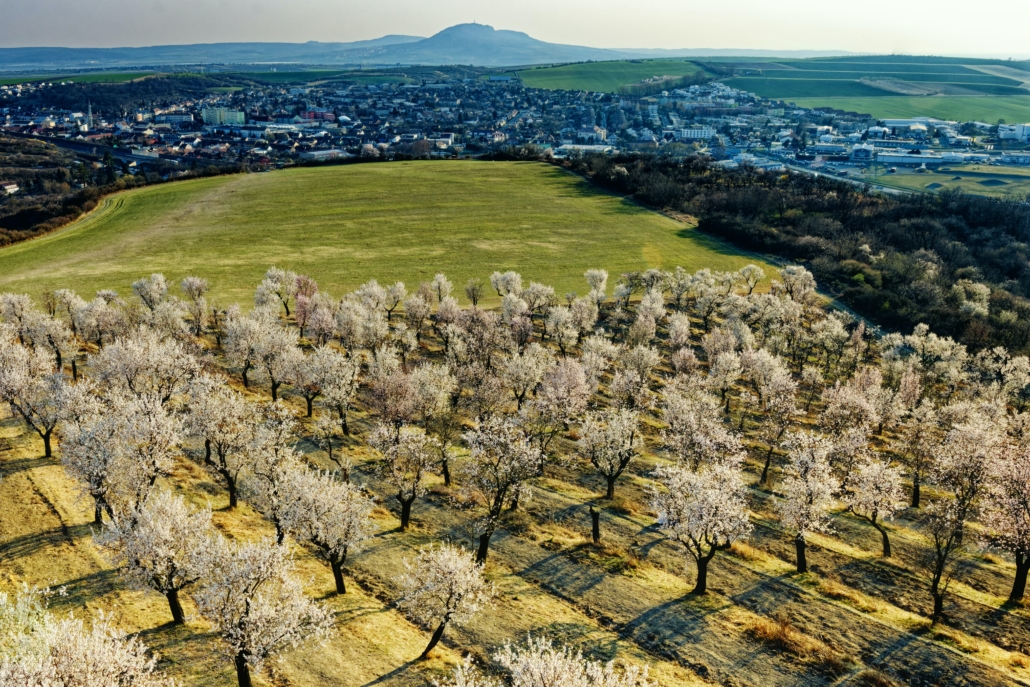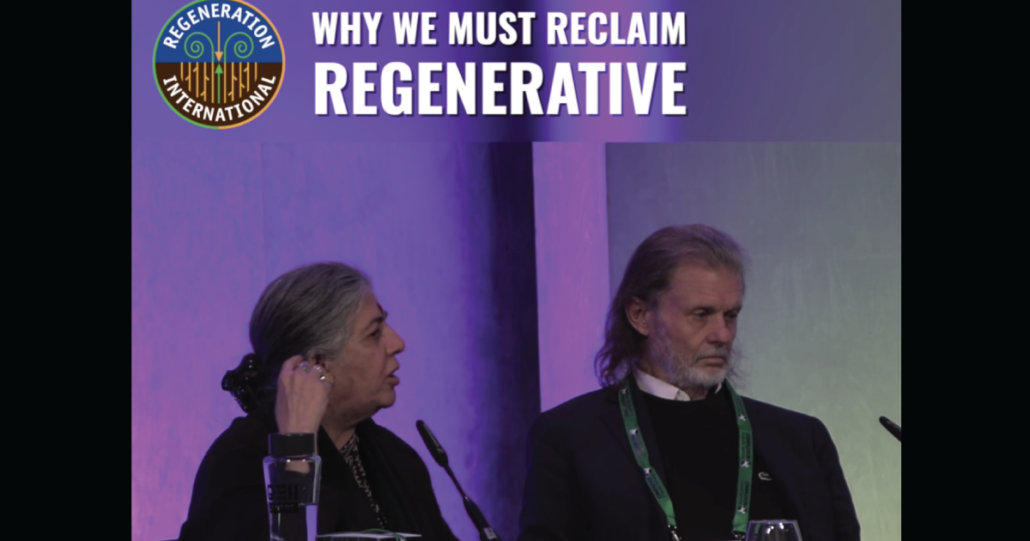Reflections: from Africa
It feels like year 2023 should be over already. It’s been an incredibly wonderful year with many wonderful outcomes and collaborations, but also a year that hit us hard as RI family after we lost one of our greatest minds, Ronnie Cummins. I am however incredibly proud of our small team, the great loss, and great spirit of resiliency that we are all experiencing says so much about how important this work is for us who are alive and those that departed. We will forever be grateful for the great shoulders of the fallen, we stand solid because of their blood and sweat. Here’s a brief outlook of how things have been unfolding in the world of regeneration, in my world.
This year we have continued to engage at country, sub region and regional level through networks. When we collaborate efforts and create platforms for learning, we have an incredible potential to reverse land degradation, enable security and sovereignty in the food systems and bring about abundance thinking and thriving for all. We are part of different working groups at the Seed and Knowledge Initiative, including work on Landscape level regeneration, Engaging youths for Agroecology, and creating Agroecology courses for all to have hands on experience. There is a pool of knowledge and excitement about what’s possible as we combine efforts. These network efforts are enablers of whole systems approach in our actions towards regenerative communities and influencing policy makers.
There is a lot of activity and intensified communication in the region that is challenging the status quo. Here is a film produced by our friends at AFSA called The Seed Struggle in Africa .
“…We hope that this film will inspire change in advocating for food sovereignty and brings to light the urgent, pivotal issues facing African farmers today. Through the lens of this film, we delve into a reality often overlooked – the struggle for control over the bedrock and source of agriculture, the seed. The freedom to feed oneself, the power to decide what grows on our farms and gardens, what we eat on our plate and the assurance of having food to feed our family are more than just basic rights – they are the epitome of true freedom. Yet, this is the freedom that is being threatened today. The ‘Seed Struggle in Africa’ shatters this industry narrative, shedding light on the realities of the farming sector in Africa and the silent war being waged over its seeds. It is a call to action, a plea for awareness, and a testament to the power of truth.” An excerpt from AFSA
We recently read from RI international Director Andre Leu who was calling out hijackers of regenerative agriculture. This messaging is important in these times where greenwashing is rampant. Working together, we have to take ownership of regeneration, by understanding and creating connectedness, emergence, non-linearity, and adaptation in all projects. Our network is growing and 102 of our partners are in the African continent, this growth is exciting. The more voices we have, including a representation of youth, women and different groups, the better are our chances of showing a broad impact that will vibrate across the world.
Case study: Community work in Hwange, Zimbabwe
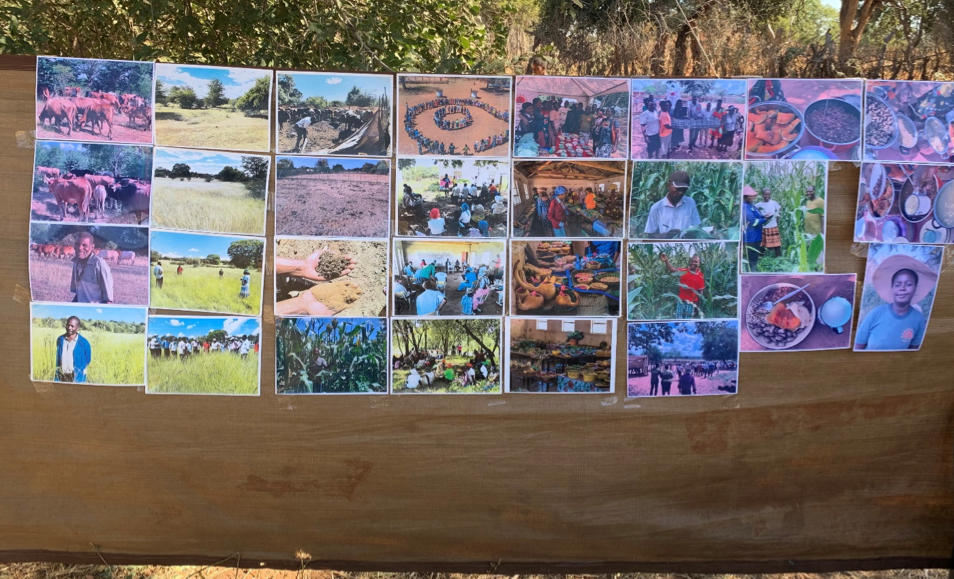
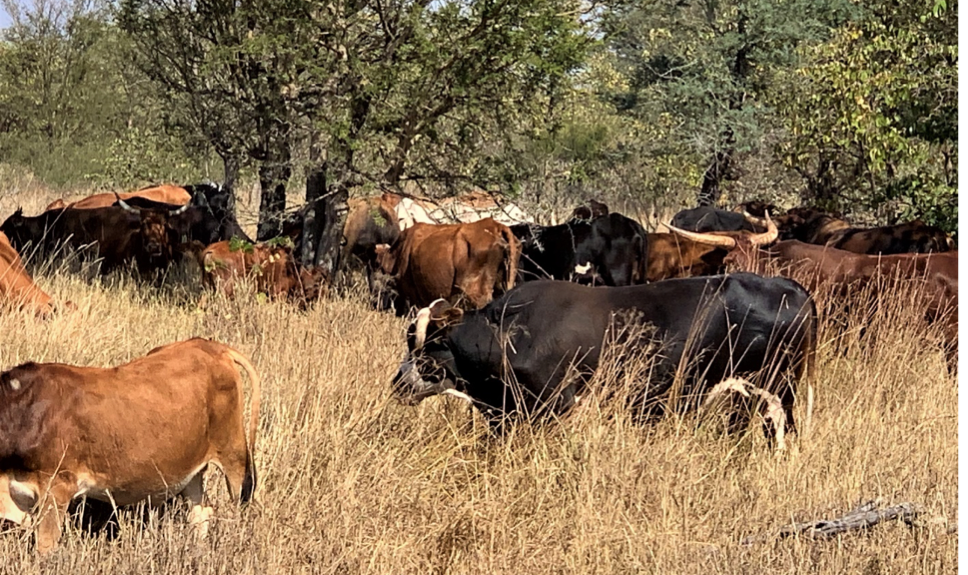
It’s important to understand that local actions done by different communities build up the global story of a regenerative world that we all dream of. Here are a few pictures and lessons on the journey so far with communities we work with here in Zimbabwe.
Identifying community interests and what brings them together for collaborations. We have used regenerative fairs, to celebrate seeds and harvest from ecological farming practices and landscape level regeneration.
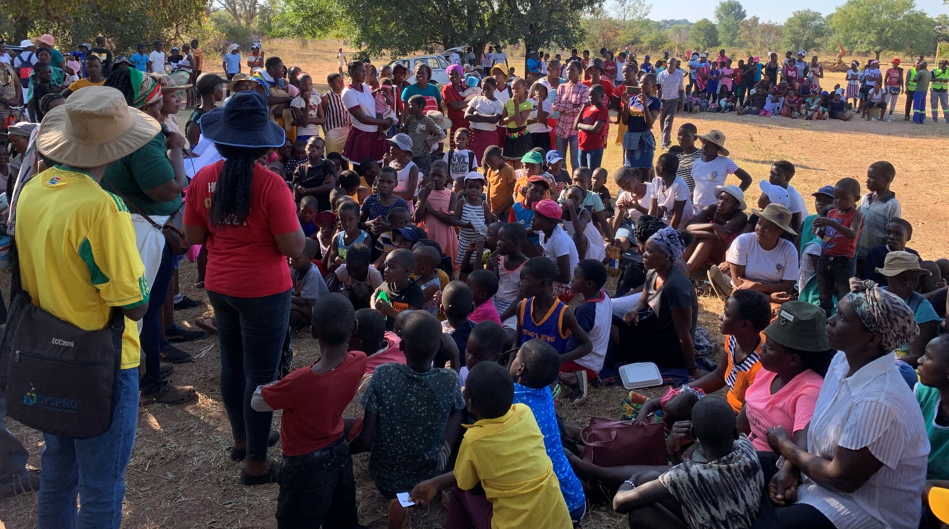
We recently used sport to bring together youths and the elderly in farming regeneration to celebrate efforts of work while sharing information to a new group of people. This gathering brought together just over 600 people to have fun and learn together.
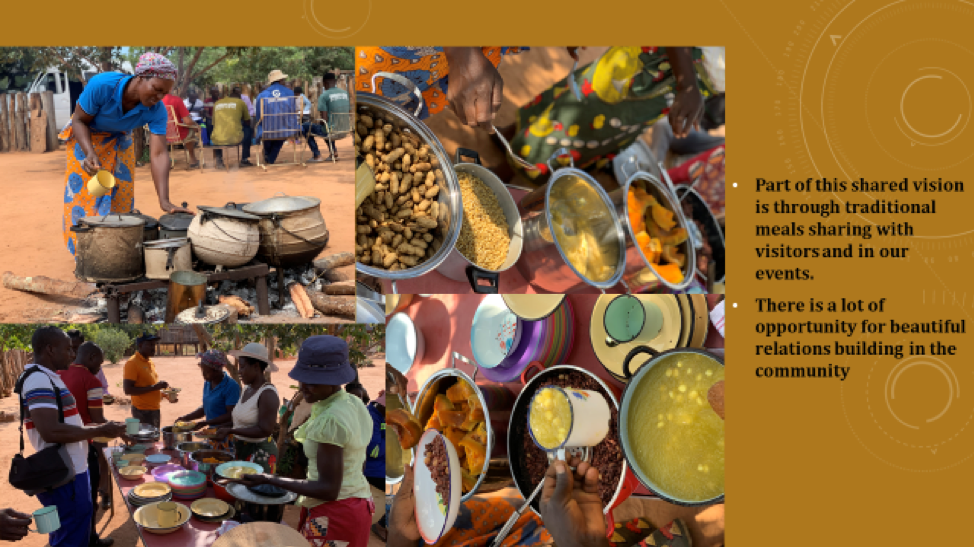
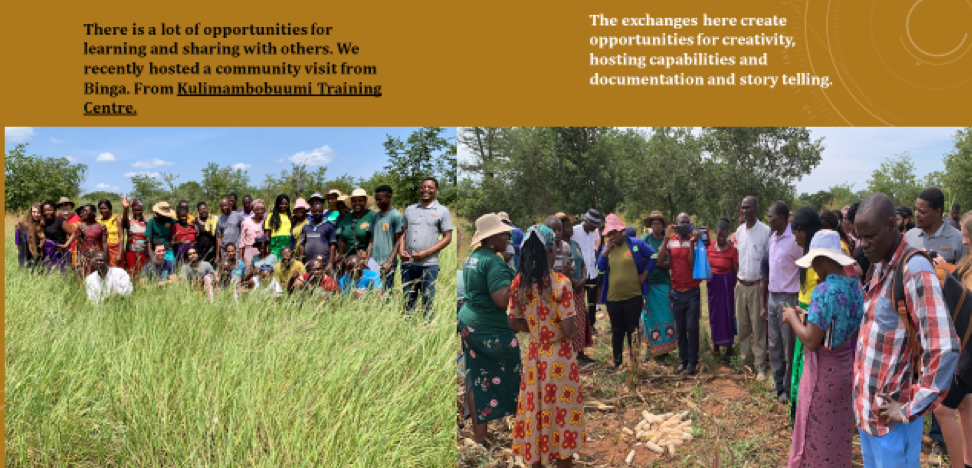
Hosting exchange visits with other communities, Learning from successes and the challenges of others alike. The regenerative design work looks different in each community, but we have an opportunity to harvest principles that have kept others going. We are also using these meetings as opportunity to dive into our traditional foods harvested from the farmers’ fields.
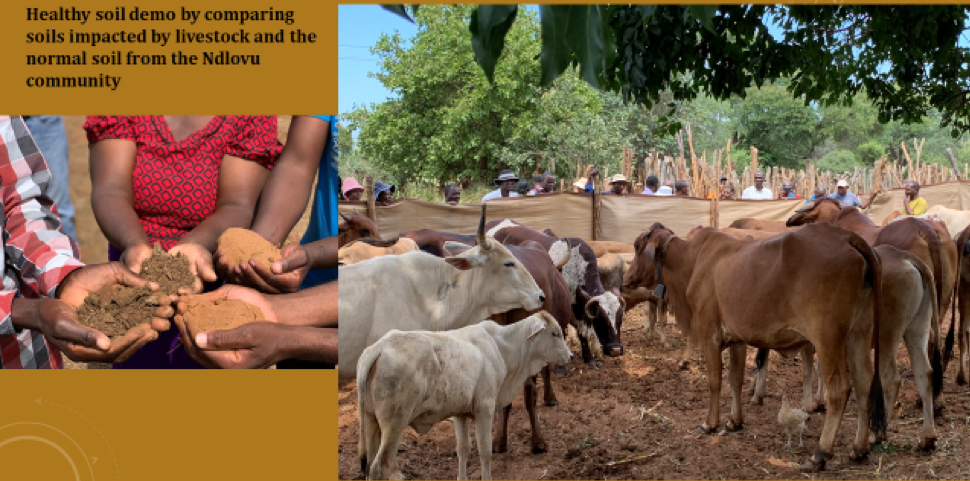
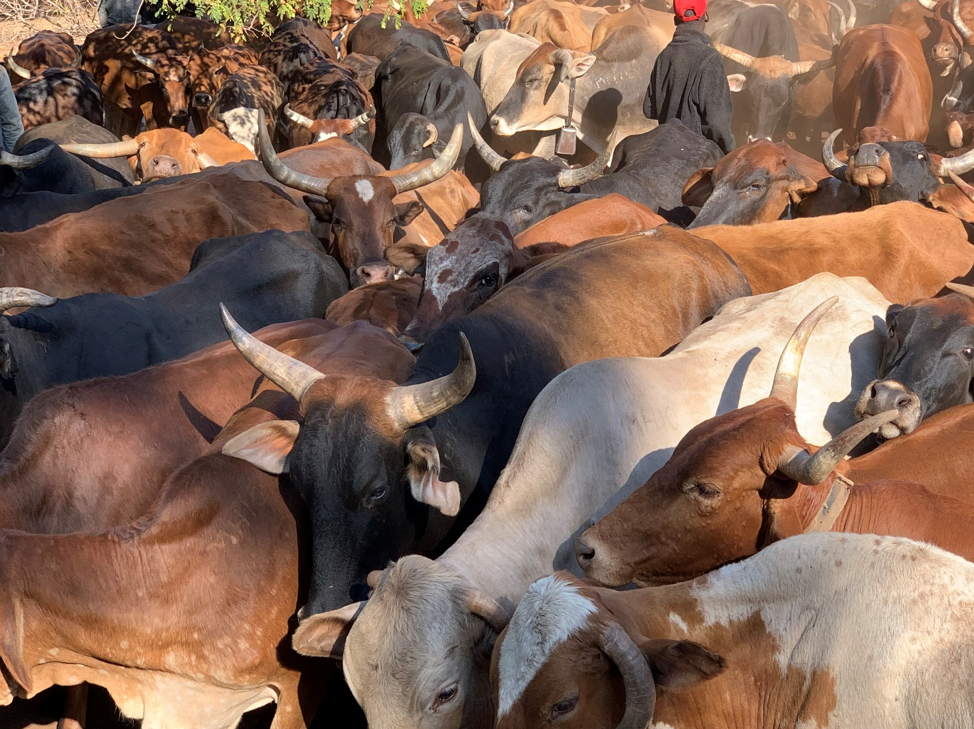
Supporting some key drivers for communities like soil health management and livestock health management programs. These are done in partnership with government departments like the agric extension and vet.
Looking forward:
The landscape is uneasy, the COP meetings are proving to be a mockery of small holder groups efforts, but we are all standing in solidarity, looking ahead for a regenerative world. Nothing is more powerful than hope and a united voice. We are looking forward to a wonderful rest of the year. Our global team is getting into the rhythm of dancing with broken bones as we keep honoring the great work and dreams of Ronnie. For Regeneration.

